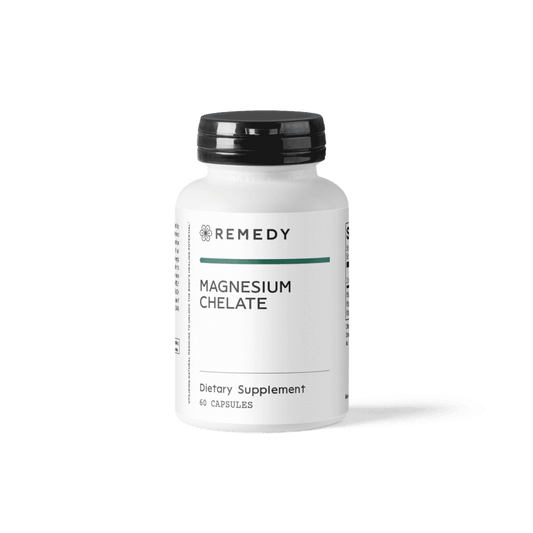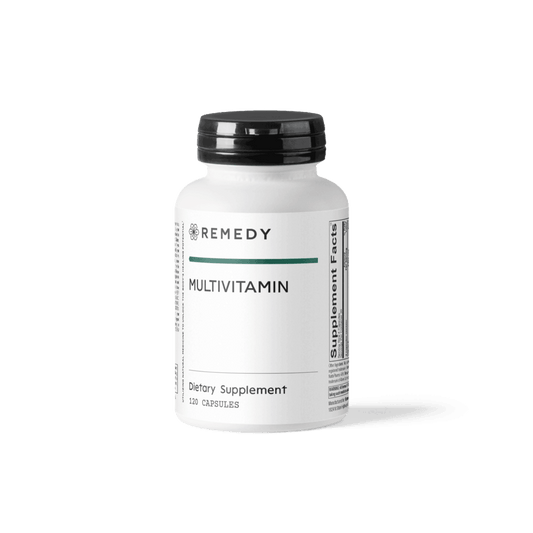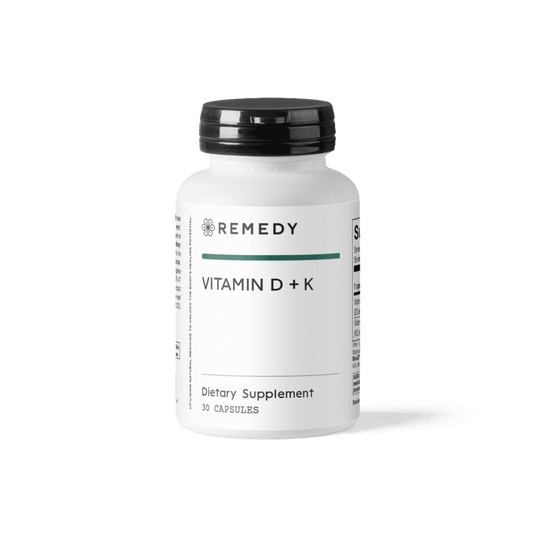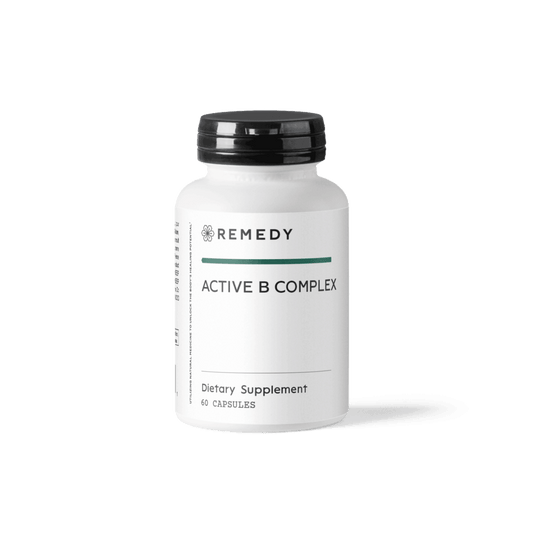Share
A whole foods diet is easy to achieve when you implement a few mindset changes. Think of food in its most natural state.
When it comes to dieting most people think about a restrictive set of guidelines and rules. A whole foods diet is not like that. It’s not tied to any one person or book. Instead, a whole foods diet is more of an approach to eating that can guide your food choices over the long term. It’s a lifestyle rather than a diet.
The fact that a whole foods diet is more about food choices than a set of rules makes it that much more doable. One of the biggest hurdles to losing weight can be diet. A difficult, restrictive diet can lead to disordered eating habits and emotional distress.
Meanwhile, a whole foods diet is easy to achieve when you implement a few mindset changes. Not only that, you’ll reap so many health benefits from switching to this type of eating.
In this article, you’ll learn the ins and outs of this way of eating and five reasons you should switch to a whole foods diet.
What is a Whole Foods Diet?
When you think of whole foods think of food in its most natural state. Whole foods do not have added sugars, starches, flavors, or other types of artificial ingredients.
When you eliminate foods that have been through processing, like breakfast cereal or chips, foods with artificial colorings, additives, preservatives, and foods laden with industrialized fats and too much sugar, you are eating a whole foods diet.
If that sounds complicated, trust me, it’s not. It means sticking largely to produce, meat, legumes, whole grains, and nuts. Use healthy oils like coconut oil, avocado oil, and olive oil instead of vegetable or hydrogenated oils, which are unstable and lead to inflammation in the body.
The idea is to consume minimally processed foods as close to their natural state as possible. If you can do this you can eat a whole foods diet.
Whole Foods Versus Processed Foods
There are a few basic principles about a whole foods diet. One of those is to choose whole foods versus processed foods. Although, it’s not quite as simple as that. You need to know the difference between whole foods and processed foods.
This may come as a surprise to you but most of the foods you eat are processed to some degree. Cooked, canned, frozen, packaged, or nutritionally altered foods (think vitamin D added to orange juice) are all considered processed foods.
Now, it can be confusing because the roasted almonds you’re munching on are technically processed. As are the bagged lettuce you use for a lunchtime salad and the microwavable brown rice added to dinner.
On a whole foods diet, it’s okay to have lightly processed foods.
That includes foods like yogurt and cheese. Canned and frozen fruits and vegetables are also healthy choices when there are no added sugars or excess sodium.
The goal, instead, should be to avoid highly processed foods. Things like frozen pizza, fast food, and microwaveable dinners are a few you should refrain from buying. The way to identify if a food is highly processed is to look at the ingredient list. If it’s prepackaged and contains a long list of ingredients you’ve never heard of or are hard to pronounce then it’s likely highly processed, too.
Five Benefits of a Whole Foods Diet
In functional medicine, the general guideline is to focus on eating whole foods, removing foods you are intolerant of, and stabilizing your blood sugar levels. This is usually the first recommendation when designing a personalized health plan. Although there are many variations of diets recommended in functional medicine practices like intermittent fasting, ketogenic diet, elimination diet, and autoimmune protocol (AIP) diet, they are all rooted in the fact they are whole foods diets. The best diet for you is one that takes into account factors like your individual food sensitivities, digestive health, blood sugar handling, and stress management.
That being said, there are so many benefits of a whole foods diet for your overall health. There are virtually no risks associated with eating this way.
Chronic Disease Prevention
A whole foods diet will increase your intake of healthy, plant-based foods. It emphasizes adding fruits, vegetables, nuts, seeds, and legumes to your diet. Research shows that diets full of whole foods, specifically whole grains, vegetables, fruit, fermented dairy, fish, olive oil, nuts, coffee, and tea, are associated with a lower risk of cancer, type 2 diabetes, heart disease, and stroke.
Chronic Disease Management
Preventing chronic illness is great, but many people are already dealing with a chronic disease. A whole foods diet can help in this case as well. This way of eating includes many nutrients like vitamins, minerals, and antioxidants. It also naturally helps limit fat and calorie intake. conditions such as type 2 diabetes, heart disease, chronic kidney disease, and autoimmune diseases benefit from a whole foods diet.
Weight Loss
A multitude of factors influences your health - genetics, environmental toxins, lifestyle, stress, and even culture. Diet is as vital as any of them for preventing disease and promoting well-being. Many processed foods are packed with sugar and salt to enhance flavor. Cutting them out can lead to weight loss and prevent the onset of disease. Research shows that following a whole-foods, plant-based diet led to weight loss in participants who were overweight or obese and were living with at least one chronic condition.
Improved Gut Health
A whole foods diet includes foods that contain more fiber like whole grains, legumes, fruits, and vegetables. High-fiber foods feed the good bacteria that live in your gut. This way of eating supports digestion and leads to better gastrointestinal health. It also reduces the amount of refined sugar you consume. Refined sugar is inflammatory and decreases the number of good bacteria you need for a healthy gut microbiome. Not to mention, it’s addictive which means eating sugar often leads to eating more sugar.
Strong Immune System
Eating a whole foods diet supports your immune system by providing a variety of nutrients like vitamin C, selenium, and zinc. These nutrients are known to boost your immune system. In contrast, a diet full of highly processed foods negatively affects gut health and raises inflammation, both of which hurt your immune system.
Work with a Functional Medicine Practitioner
If you’re interested in learning more about how to implement a whole foods diet into your lifestyle consider working with a functional medicine practitioner. The premise behind this diet can serve as a guideline for how to choose the most nutritious foods. It won’t provide you with a set of rules to follow, instead, it is meant to be done as a long-term lifestyle choice rather than a short fad diet. A whole foods diet is a great way to jumpstart your journey to optimal health! Get started with a 15-minute consultation here!













